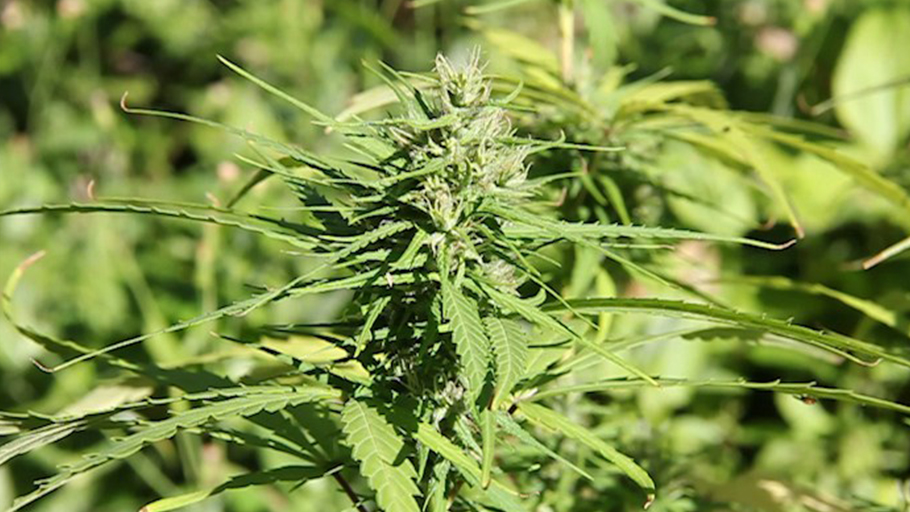Given the United Nations sustainable development goals universal call to end poverty, protect the planet, and ensure that all people enjoy peace and prosperity; the question becomes, whether this ambitious goal in achieving the overarching objective of wellbeing for all, can be found in marijuana production for the people of the Caribbean?
More significantly, can marijuana production in the Caribbean as a means of sustainable development, meet the needs of the present, without compromising the ability of future generations?
It must be noted, that much literature has been articulated on the persuasive narrative of the social, political and public health impacts of legal marijuana production in the Caribbean.
However, there must be changes in the current classification of marijuana in order to make the drug more accessible for sustainable development. New discussions on the economic aspects, legalization and the removal of the criminal element to turn marijuana cultivation into a crop for sustainable development must also be reasoned.
According to research studies, the Caribbean is the ideal location to grow marijuana in terms of water usage, waste management, and the light needed to provide the energy the plant would normally obtain from the sun.
This means that the Caribbean can become a magnet for marijuana cultivation, as the three aspects needed for sustainable cannabis growth are all readily prevalent in the Caribbean.
Nonetheless, the key economical challenges of marijuana production as a means of sustainable development must also be explored.
Within this light, research studies on trade in the Caribbean, confirms that “intraregional trade with Caribbean states is the lowest among all trading blocs globally. In terms of global trade and commerce, Caribbean states are disenfranchised from each other, and the Caribbean region does not have sufficient commodities to trade within itself, and by extension, does not have the commodities needed to sufficiently trade with the rest of the world.”
Thus, the production of marijuana as a means of sustainable development will give the Caribbean an opportunity to have traction in global trade and commerce. Marijuana production as sustainable development will also provide the economical approach to large and small projects to ensure successful implementation and effective continuity.
For sustainable development entails progress.
Yet, on the other spectrum of this continuity, the legalization of marijuana and the dangers to public health must not be overlooked.
Despite, the pressing questions of taxation, banking, civil forfeiture, research, decriminalization, rescheduling, individual protections, and legislation, the Caribbean stills lags in the distance in innovative ways to maximize more imminent measures on how to develop an appropriate framework to utilize marijuana production into a means of sustainable development.
For this, the Caribbean should closely monitor the development of marijuana production in Canada, Colorado, Oregon, Washington, and Alaska, that have not only legalized the recreational use of marijuana, but are also using marijuana as sustainable development as well.
With this in mind, the Caribbean is in great need for the promotion of organizations to host sustainable development symposiums to help educate its people on the latest tools, techniques and technologies for efficient and safe marijuana production.
A new approach on marijuana production as a means of sustainable development must also be tailored to youths in the Caribbean that are confronted with a number of social ills such as unemployment, poverty, violence, drug abuse and crime. In fact, as cultural norms continue to bring forth paradigm changes, drug usage will also be influenced, thereby making the role of youth of key importance in the plea to make marijuana production a sustainable means of development for many Caribbean states.
Therefore, the actions and perceptions of the youths in the Caribbean should have a central role in policy and practice as well.
Progressively, marijuana businesses in the Caribbean must seek to amalgamate the ethics of sustainable development to maintain the incessant structures of environmental management, community engagement and relationship building into the economic development of production. The landscape related to the use of marijuana for medical purposes in the Caribbean must be modified. The actions of Pan American Health Organization (PAHO), CARICOM, CARDI – Caribbean Agricultural Research and Development Institute ( CARDI) and others, must play a vital role in the revision of medical marijuana as a relevant topic in the intense debate about drug policy in the Caribbean. Marijuana production as a means of sustainable development must also include justice reform. The eradication of criminal penalties for medical marijuana must be legislated. Joint efforts between the United Nations International Drug Control Programmed (UNDCP), academia, and medical practitioners must begin advocacy designated to encourage the use of marijuana in medicine and research as a means of sustainable development.
As a result, cannabis production as a means of sustainable development is a sign of the changing times of economic advancement for many Caribbean states. It is a precursor, that if utilized properly, will have both instantaneous and long-term effects on the economy, and way of life for the people of the Caribbean.
Rebecca Theodore is a syndicated op-ed columnist based in NY. She writes on the platform of politics, national security, human rights and climate change. Follow her on twitter @rebethd















